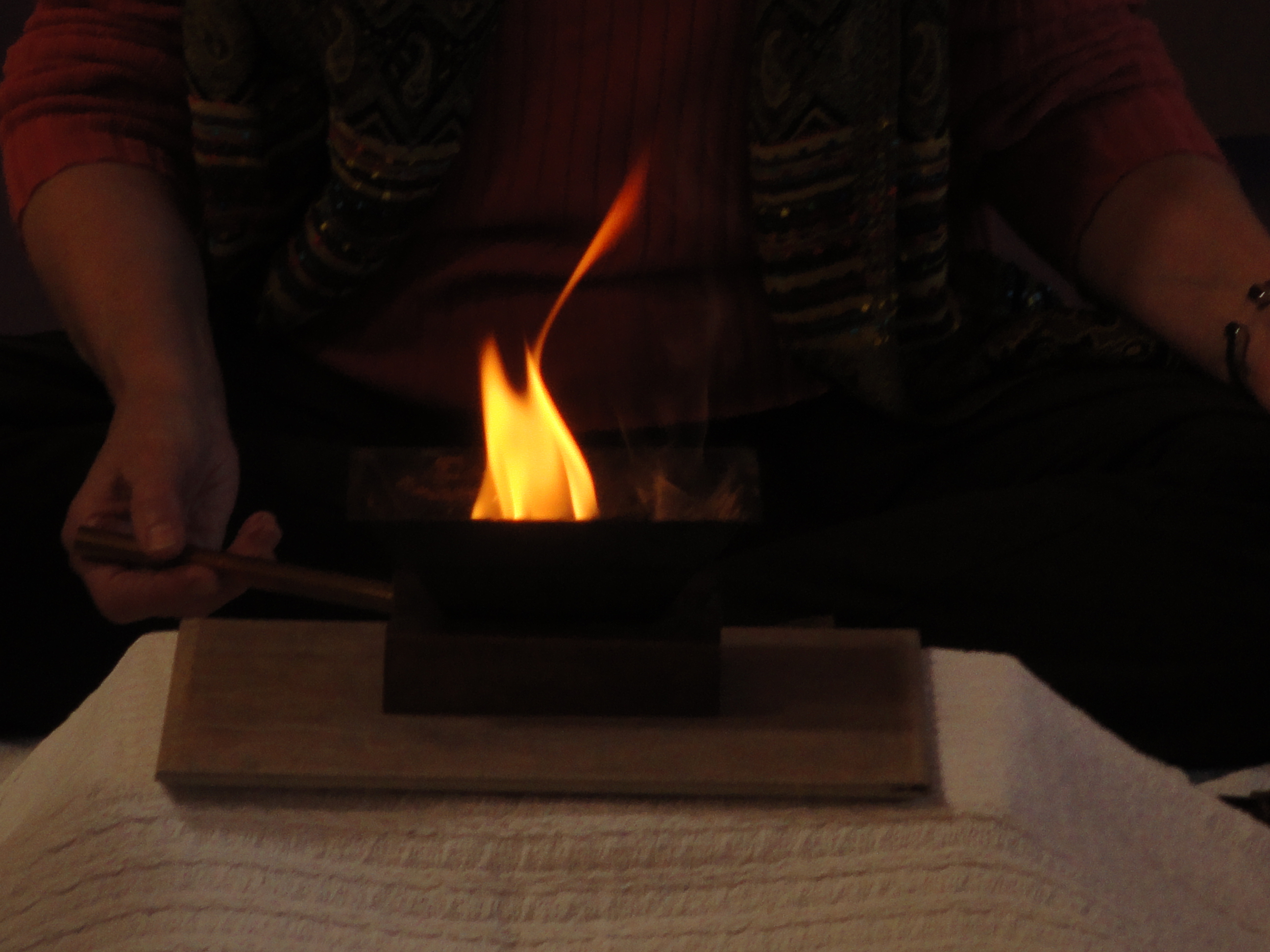Q: How can families transition from more traditional methods of education to an unschooling approach?A: Unschooling involves seeing the world in a different way. Sometimes formal homeschooling families do some deschooling, but when switching to unschooling, more and different deschooling is needed, especially for the parents who have been involved in school and teaching and defending schooling for probably 20 or 30 years. The kids will be ready to unschool before the parents, usually.
It would help to be in contact with other unschoolers at playgroups or on the internet, and to meet unschooling families with children of various ages. It's difficult to imagine it, so it's easier to actually see it.
This new way of seeing the world involves seeing music in history, and science in geography, and art in math, and not talking about it. The last part is the hardest part.
I don't mean never talk about it. I mean don't say "Oooh, look! Science!" Once a person knows science is everywhere, and everything is connected to everything else, there will be nothing to talk about except the topic at hand, or where they're going or what they're seeing. The learning will happen without being labeled and sorted out. The labeling and sorting can prevent learning.
SandraDodd.com/successful
photo by Ester Siroky






















